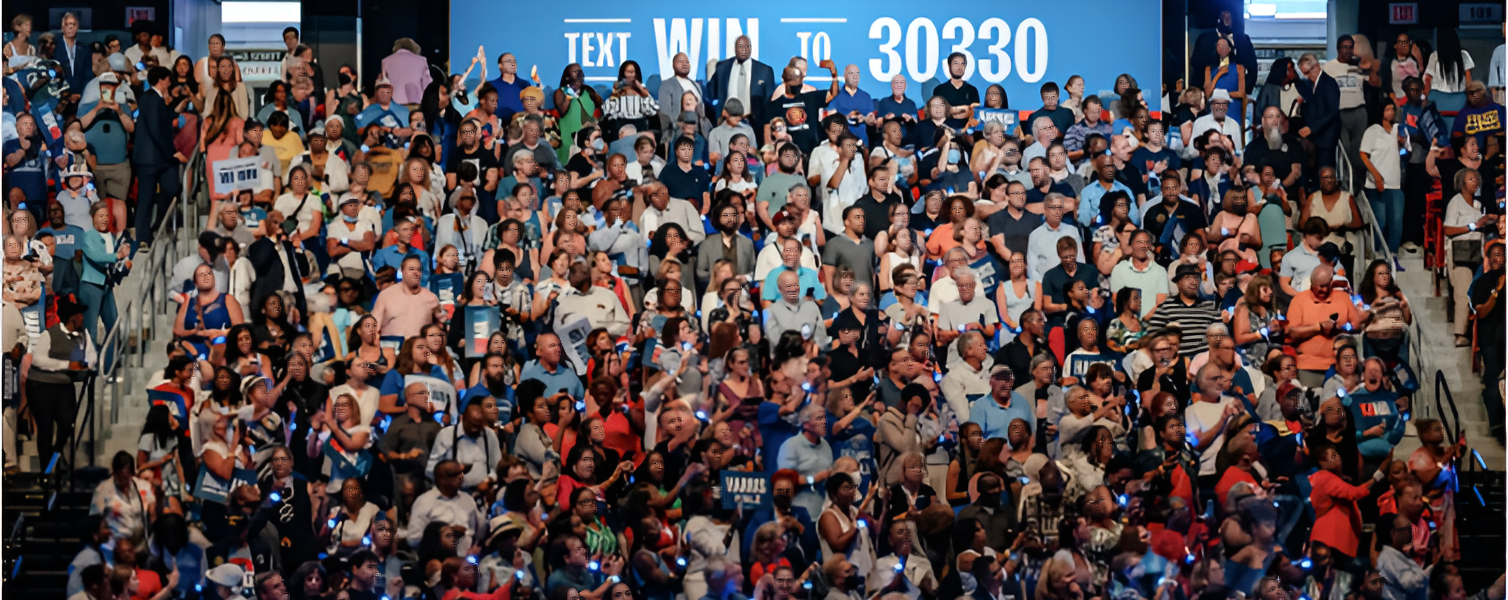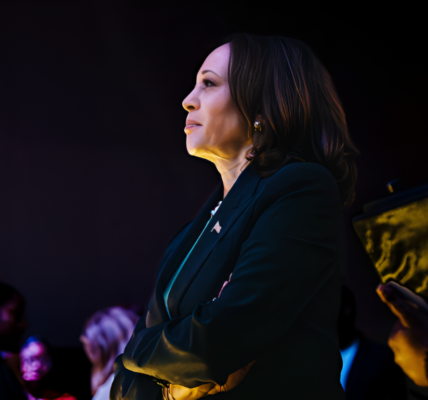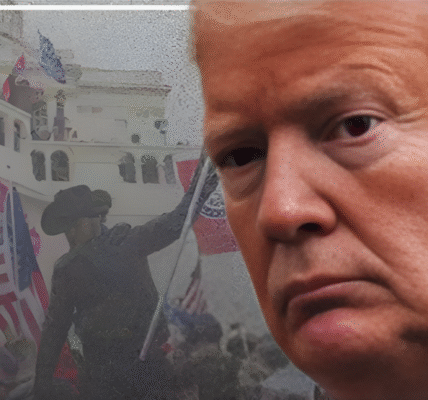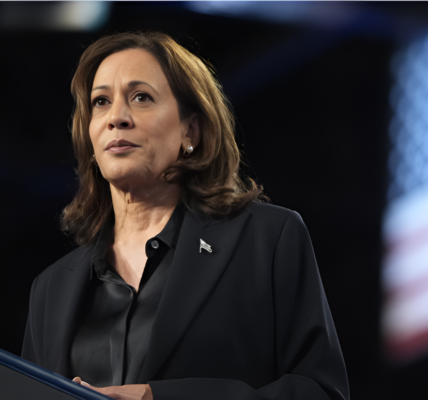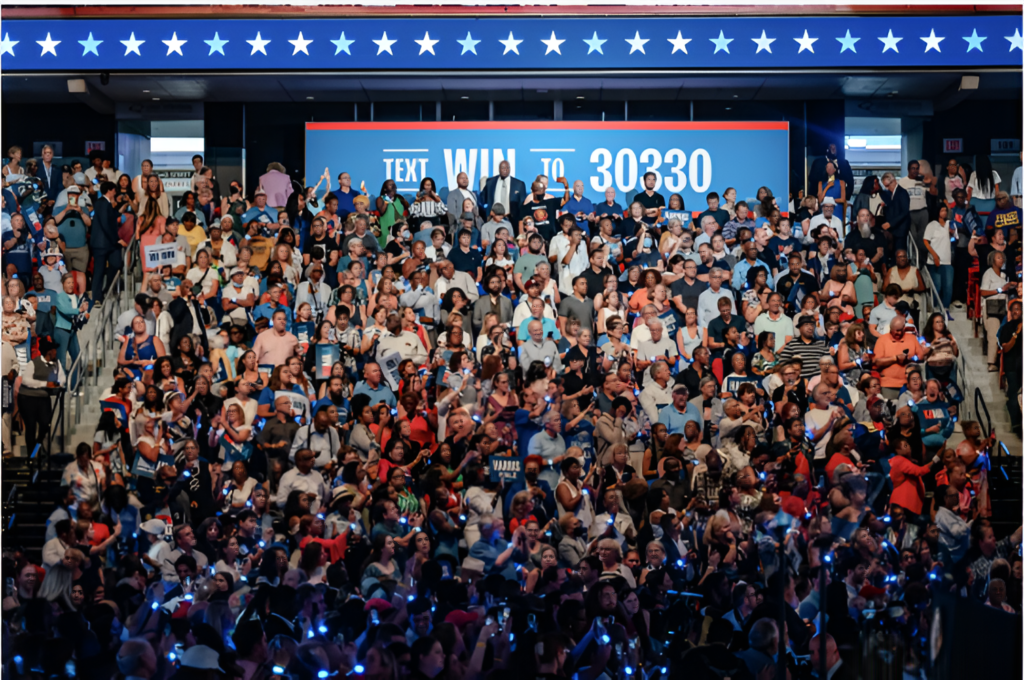
Vice President Kamala Harris made her 2024 campaign debut alongside her new running mate, Minnesota Governor Tim Walz, on Tuesday night. The event wasn’t just a rally but an illustration of why Harris chose Walz to join her ticket.
Contrary to speculation from both sides of the aisle, Harris’ choice wasn’t about appeasing her party’s progressive wing or rejecting her primary competitor, Pennsylvania Governor Josh Shapiro. Instead, it was about chemistry, shared values, and selecting a partner who could bolster her candidacy without overshadowing her. Walz’s performance—blending his folksy demeanor with sharp political jabs—proved Harris’ instincts correct.
The question remains: will this “comfort food” pick resonate with a broad electorate?
Harris’ speech reflected a shift in strategy, moving beyond the liberal base she’s long represented. Having spent much of her career in California and the Biden administration, she now faces the challenge of crafting a message for Middle America.
The evening’s defining moment came when Harris veered off-script, reflecting on the “promise of America.” Recalling her roots in Oakland, California, and Walz’s upbringing in the Midwest, she declared, “Only in America.” The phrase, repeated with preacher-like fervor, spurred the crowd into chants of “U-S-A!” It was a rare moment of unifying patriotism in an era of deep political division.
“We are running a campaign on behalf of all Americans,” Harris said, “and when elected, we will govern on behalf of all Americans.” The pledge hinted at a broader vision, signaling her intent to connect with voters across the political spectrum.
Walz, meanwhile, used his time on stage to craft an everyman image. He leaned into his biography—a small-town boy, veteran, teacher, and coach—emphasizing bipartisan accomplishments rather than his progressive track record. With a mix of humor and grit, he targeted the GOP as out-of-touch elitists while presenting himself as a grounded leader.
“Look, I know where I come from,” Walz quipped, taking a swipe at his Republican rival’s Ivy League background. “I’m not here to write a best-seller about my roots. I’m here to fight for them.”
It was a sharp line, underscoring the ticket’s strategy to connect with working-class voters without alienating the party’s progressive base.
The Harris-Walz pairing might feel unexpected, but it’s rooted in shared experiences and mutual respect. While they overlapped briefly in Congress, their real rapport developed during Harris’ trips to Minnesota as vice president. Over time, Walz’s plainspoken style and bipartisan record earned her trust.
The chemistry was on full display Tuesday, with Walz affectionately calling Harris “Coach” and both candidates basking in the crowd’s enthusiasm.
The Harris-Walz ticket is making patriotism a cornerstone of their campaign. Walz’s military background and Harris’ focus on national unity align with a broader push within the Democratic Party to reclaim symbols like the flag and narratives around American greatness.
Governor Wes Moore of Maryland, a rising star in the party, praised their emphasis on love of country, urging them to lean into this theme at the upcoming Democratic National Convention. “This needs to be framed as a celebration of America,” Moore said, adding, “Loving your country doesn’t mean lying about it.”
Harris faces a unique challenge: defining herself before opponents can. In a polarized political landscape, she must present a vision that resonates with both the progressive base and undecided voters. Her ability to balance inclusivity with patriotism will be critical.
With Walz by her side, Harris is betting on a partnership rooted in authenticity and shared values. Whether this strategy will win over Middle America remains uncertain, but Tuesday’s launch offered a glimpse of a ticket ready to take its message nationwide.
As Harris and Walz forge ahead, the campaign will test whether this blend of comfort and conviction can connect with an electorate hungry for leadership—and unity.

